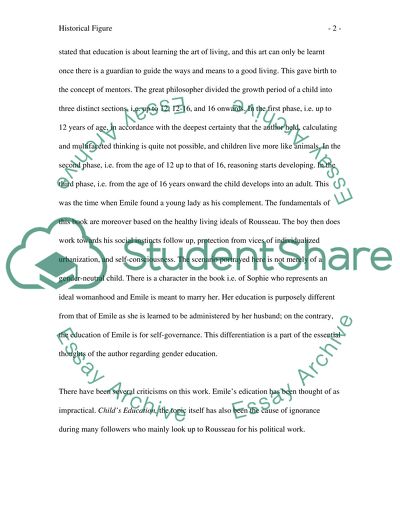Cite this document
(“Jean Jacques Rousseau Essay Example | Topics and Well Written Essays - 1500 words”, n.d.)
Retrieved from https://studentshare.org/miscellaneous/1512569-jean-jacques-rousseau
Retrieved from https://studentshare.org/miscellaneous/1512569-jean-jacques-rousseau
(Jean Jacques Rousseau Essay Example | Topics and Well Written Essays - 1500 Words)
https://studentshare.org/miscellaneous/1512569-jean-jacques-rousseau.
https://studentshare.org/miscellaneous/1512569-jean-jacques-rousseau.
“Jean Jacques Rousseau Essay Example | Topics and Well Written Essays - 1500 Words”, n.d. https://studentshare.org/miscellaneous/1512569-jean-jacques-rousseau.


